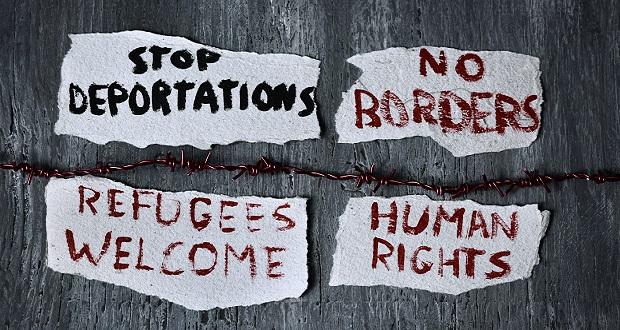
Stress at work is affecting many. Achieving work-life balance is real and is tough. Leadership demands are stretching many, and the overarching expectation to do more with less looms over today’s workforce. Furthermore, the expectation to build and keep an engaged workforce is now the norm and part of work cultures today.
Engaging the workforce through DEI goals and work can boil down to a functional partnership with Employee Resource Groups (ERGs). Where else can you find a group bound by common interests and allied with many others? Successful ERG programs can be a spark for tough conversations leading to meaningful and innovative business decisions. ERG programs can be the bridge to other interests, leading to coalition-building and change supporting a variety of stakeholders.
The key to leveraging ERG potential is KEEPING and SUPPORTING an enthusiastic ERG leader. I have not met one ERG leader who was not committed to their ERG and their members, and who was not visionary and a change leader. The toll of continuously addressing the concerns of many, bringing effective change and meaningful programs to their members means working extra hours beyond their day jobs. The work puts a heavy toll on our star performers.
The key to leveraging ERG potential is KEEPING and SUPPORTING an enthusiastic ERG leader. I have not met one ERG leader who was not committed to their ERG and their members, and who was not visionary and a change leader. Share on XWhen one volunteers to be an ERG leader, is the extra work something to be accepted and performed after work and on weekends? Does this work necessarily mean sacrificing family time in order to ensure goals are met? How can the work be shared with others?
When one volunteers to be an ERG leader, is the extra work something to be accepted and performed after work and on weekends? Does this work mean sacrificing family time in order to ensure goals are met? Share on XIt is not a new fact that those that get involved to use their voice and make a difference burn out quickly and easily. Oftentimes they feel pressure to put their passion aside and focus solely on their main job responsibilities. This job accountability pressure comes from those leaders who are on a different step in their own DEIB journey or who have decided they can’t support those that see things differently from themselves. The extra pressure and the taxation of doing their best for the company and the employee resource members forces many passionate and committed members to choose their day job and to ignore their passion. Often, that decision leaves a sour note or feeling of defeat because they were not supported and their identity was erased.
If they aren’t feeling the pressure from management to refocus, they may feel defeated, as if their single voice can’t move the needle or change the direction for their respective group(s). I have talked to many who feel the weight of their ERG’s success is on their own shoulders. Others feel as if they are responsible to answer the many questions leaders impose on them during tough periods of unrest or discomfort from external sources. History shows that we are in volatile, changing times, and corporations must carefully navigate voicing positions on unrest being felt, whether it is political, social, economic, or judicial. We are in new territory with today’s multi-generational workforces and new demands for workforce change.
I have talked to many who feel the weight of their ERG’s success is on their own shoulders. Others feel they are responsible to answer the questions leaders impose on them during tough periods of unrest or discomfort. Share on XBurnout is real; time commitment is limited.
What can you do?
Sharing the burden and amplifying voices through committed relationships and allyships is key. Our lived experience may be different from one another’s; at the same time, we can tap into our intersectionality to open up the conversation. This would be a game changer. We need to continuously recognize our similarities through our differences. By using collective voices, we not only bring our stories together, we are learning from each other to make the difference.
Burnout is real; time commitment is limited. What can you do? Sharing the burden and amplifying voices through committed relationships and allyships is key. Share on XIf one person has the support to speak up, this can inspire others to join and share their perspectives. We can leverage this model not only to recognize all perspectives, but also to bring collective ideas or statements forward.
Would we lose our own identity in the mix? I would answer that by stressing the importance of being vulnerable and open to listening to learn. Sharing our unique and blended stories can move strategies and programs forward.
We may not make huge steps in a short period of time. Yet I know that our footsteps side by side, along with many others can make the wide path for many to move forward. We won’t lose our bright stars and our engaged leaders; they may stumble, but our wide path of participants can pick them up and help keep their motivation and beliefs moving ahead.
Don’t bear the burden alone; bring along others so that our collective voices can be heard. This may not eliminate all of the extra burden cultural change leaders bear, yet it can lessen stress and continue the momentum forward.
Don’t bear the burden of an ERG alone. Brining along others for a collective voice may not eliminate all of the extra burden cultural change leaders bear, yet it can lessen stress and continue the momentum forward. Share on X

















